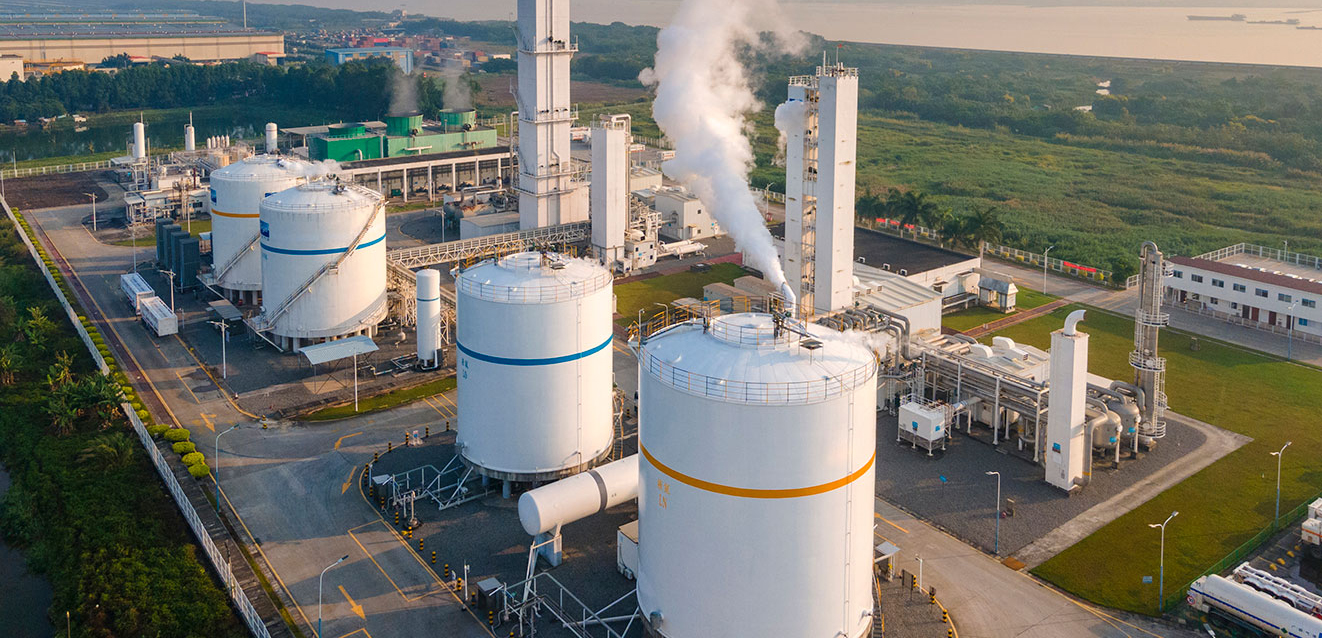Heat pump technology plays an important role in industrial waste heat recovery. A large amount of thermal energy is generated in the industrial production process, and many of them are lost in the form of waste heat. By adopting heat pump technology, these waste heat can be recycled and utilized, achieving efficient energy utilization and sustainable resource utilization.
Heat pump technology is an energy conversion technology based on thermodynamic principles, which can transfer low-temperature heat energy through reverse thermal cycles to a high-temperature environment, achieving the recovery and reuse of heat energy. In industrial waste heat recovery, heat pump technology can play the following important roles:
Waste heat recovery: Waste heat in industrial production usually exists in the form of high-temperature flue gas, wastewater, etc. By using heat pump technology, the heat energy from waste heat can be extracted and transferred to other places that require heat energy, such as heating production water, heating, or other process requirements. This can significantly reduce waste heat and improve energy efficiency.

Energy conservation: Heat pump technology can convert low-quality heat energy into high-quality heat energy, achieving effective energy utilization. By recycling and utilizing waste heat, reliance on traditional energy can be reduced, energy consumption and carbon emissions can be reduced. The application of heat pump technology in industrial production can effectively save energy costs and improve energy utilization efficiency.
Environmental protection: The discharge of waste heat has a negative impact on the environment, including air pollution and water pollution. By utilizing heat pump technology for waste heat recovery, the emission of waste heat can be reduced and the impact on the environment can be reduced. At the same time, reducing the use of traditional energy can also reduce greenhouse gas emissions in the environment, playing a positive role in climate change and environmental protection.
Economic benefits: By utilizing heat pump technology for industrial waste heat recovery, energy costs can be reduced and saved. Waste heat recovery can reduce energy procurement costs and reduce production costs through the reuse of thermal energy. In addition, the operating cost and maintenance cost of heat pump technology are relatively low.
Improving production efficiency: Waste heat recovery in industrial production can provide additional heat energy supply, thereby improving energy balance in the production process. By utilizing heat pump technology to recover waste heat, a stable and reliable source of heat energy can be provided for production, ensuring the smooth progress of the production process. This can reduce production stagnation or quality issues caused by insufficient or unstable thermal energy in production, improve production efficiency and product quality.
Potential multi energy cogeneration: Heat pump technology can be combined with other energy systems in industrial waste heat recovery to form a multi energy cogeneration system. By combining heat pumps with other energy equipment (such as solar energy, ground source energy, etc.), diversified energy utilization and complementarity can be achieved. This multi energy cogeneration system can further improve energy efficiency, reduce dependence on traditional energy, and help establish a sustainable energy system.
Heat pump technology plays an important role in industrial waste heat recovery. By recycling and utilizing waste heat, efficient energy utilization, reduced energy costs, environmental protection, and improved production efficiency can be achieved. With the development of renewable energy and energy transformation, heat pump technology has broad application prospects in the industrial field and will make important contributions to the realization of the Sustainable Development Goals.







Comment